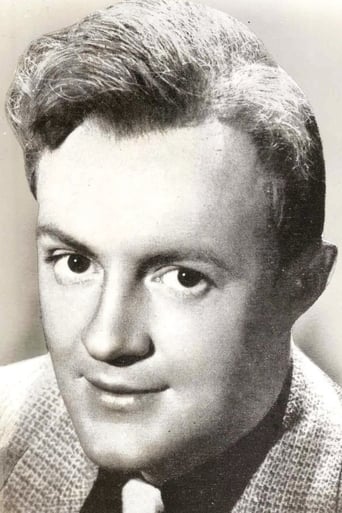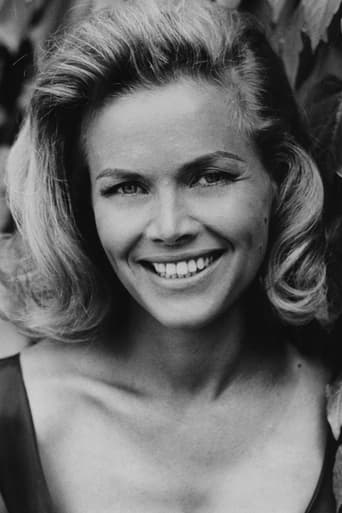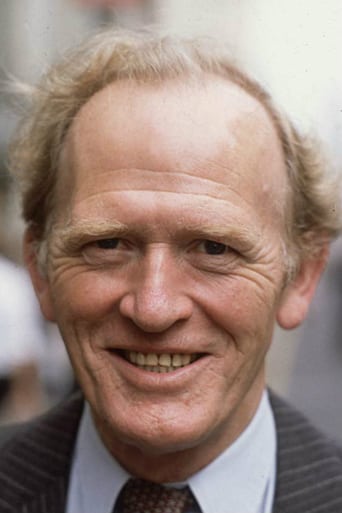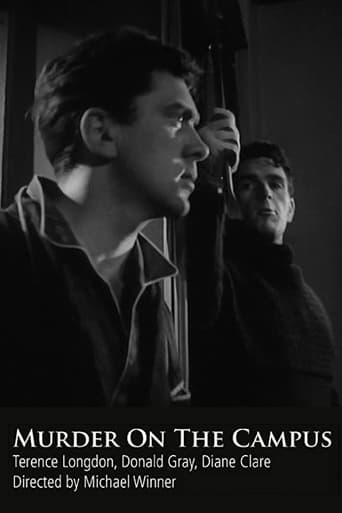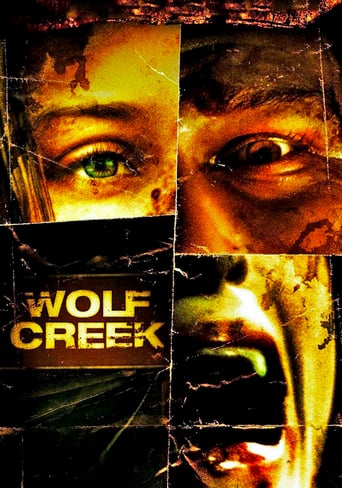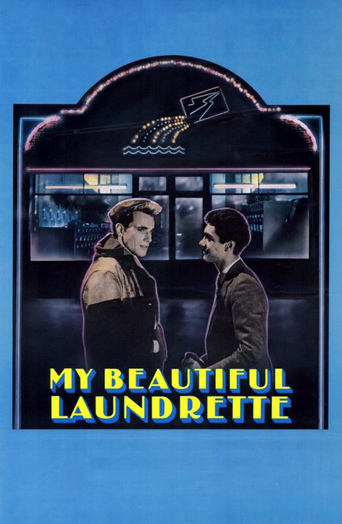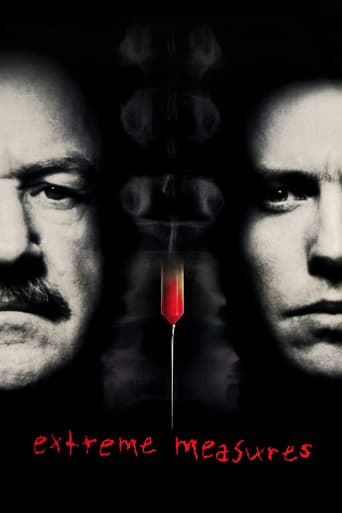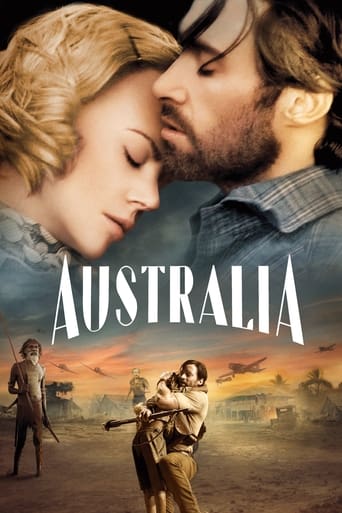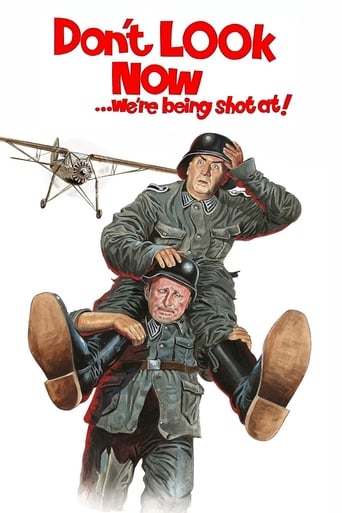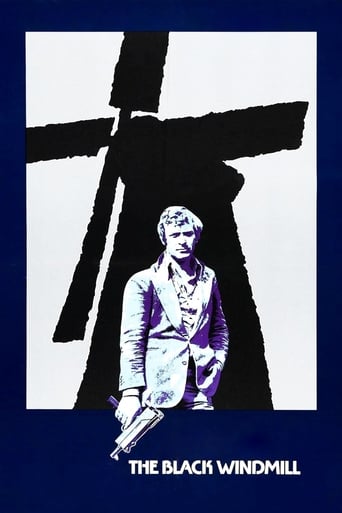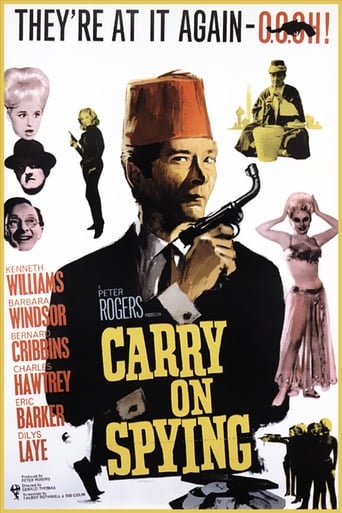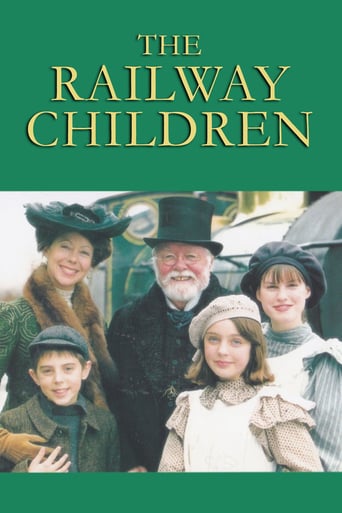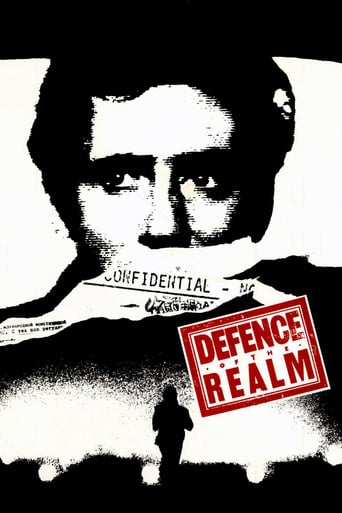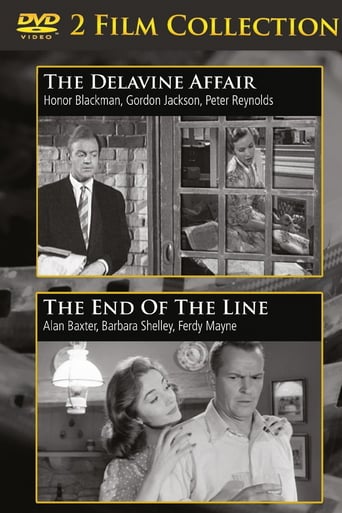

The Delavine Affair (1955)
Peter Reynolds stars as Rex Banner, a newspaperman who makes it his life's mission to track down a vicious gang of thieves. When his informant winds up dead, Rex finds himself framed for murder.
Watch Trailer
Cast


Similar titles
Reviews
Very very predictable, including the post credit scene !!!
I cannot think of one single thing that I would change about this film. The acting is incomparable, the directing deft, and the writing poignantly brilliant.
Wow! What a bizarre film! Unfortunately the few funny moments there were were quite overshadowed by it's completely weird and random vibe throughout.
An old-fashioned movie made with new-fashioned finesse.
Typical fare for its time, one of a rush 'em out on a production line style of cheap crime thriller. It was probably considered no better than average when it was released over 60 years ago and looks even more amateurish nowadays.Peter Reynolds stars as the enterprising reporter who unwittingly finds himself the number one suspect in a murder case. But he has one vital clue, linking the killing to a recent jewel theft, and thus turns detective in order to clear his own name and get himself a scoop in solving the crime. Aiding him are his wife and photographer friend.The whole film looks rushed and badly under-rehearsed, and completely lacks any kind of proper pacing, ticking along at exactly the same tempo whatever the situation being played out. There's no build up of suspense, no crescendo of drama... Everything just plays out too matter-of-factly. Dialogue is delivered in a quick, unconvincing manner and is mostly very bland, not a good thing when your leading character is supposed to be witty. Many of the exchanges between characters are just big dumps of plot exposition with little regard for nuances of natural conversation or characterisation.The police seem rather inept and incapable of action without the involvement of the reporter, Banner. The film is mostly studio-bound, and the limited number of scenes shot on location are sometimes poorly integrated with the interior shots. And certain ideas within the film are just plain daft. For example, a character hiding behind a narrow pillar so that his arms and legs still stick out. And a professional photographer trying to get shots through a glass window whilst using his flash? Good luck with that one mate, all you'll get is reflection!Being in practically every scene, Reynolds carries a big responsibility on his shoulders and I don't think he is really up to it as his one-note performance fails to get the most out of what the script offers up. In his few scenes, Gordon Jackson shows much more skill, throwing in just a facial expression or movement of the eyes among his words that gives a far greater impression of thought processes going on, and it's a shame that he wasn't given the lead role instead. Honor Blackman, beautiful as ever, struggles a little in the earlier half of the picture when her character has too little to do but her performance improves as the material does. And it's a treat to see Katie Johnson here, albeit in a small role, just before she was to play her career-defining role in The Ladykillers.In summation, a work that is likely only to have appeal to dedicated fans of the genre and/or the cast members present.
A snappy little British thriller with plenty of stuff to enjoy, THE DELAVINE AFFAIR is yet another film churned out at Nettlefold Studios, with an interesting cast and a plot that never lets up. It's a film that packs plenty of twists and turns into the 64-minute running time, with an erstwhile reporter hero and a sinister villain. The lead character is played by Peter Reynolds, in a welcome departure from his typical performances as cads and bounders. Reynolds brings a cheeky charm to the role of a reporter willing to do anything for a scoop, and the opening sequence - in which he literally stumbles upon the body of an old acquaintance - is great stuff.The story goes on from there, taking time to feature the lovely Honor Blackman in a significant role as the reporter's wife, and Gordon Jackson as a friend of the family. Valerie Vernon plays an arresting femme fatale and wears some ahead-of-the-time gear. The reliable Michael Balfour (ALBERT, R.N.) plays in support as Reynolds's photographer buddy, and sharp-eyed viewers will spot LADYKILLERS actress Katie Johnson in a minor part. THE DELAVINE AFFAIR is a fine example of the British B-movie, a well-paced and entertaining slice of escapism.
Rex Banner (Reynolds) the owner of a small news agency and free lance reporter finds one of his informants, "Gospel Joe" murdered with a newspaper clipping about the Delavine robbery clutched In his hand. Banner sees a possible big news story but the police see Banner as a possible suspect. With the help of his wife and the news agency photographer, Banner tracks down the murderer, gets the reward and makes a bundle on the news scoop. A real plus of the movie was that it featured Honor Blackman, Gordon Jackson and Katie Johnson (forever remembered for her role in The Ladykillers). One highly distracting small bit about the movie was Banner's unfortunate hairdo - it made him look like a real doofus. A pleasant enough mystery but unremarkable.
I suppose the only notable thing about this thriller is members of the cast who would go on to better things.Katie Johnson would go on to win a BAFTA for her part in "The Ladykillers".Gordon Jackson would find fame as the butler in "Upstairs Downstairs" on television and Honor Blackman would of course find fame in both "The Avengers" on television and Pussy Galore in a Bond film.Here they are just marking time in an amiable but rather involved thriller which was beloved of writers of crime fiction in the 1950sIt was the sort of film where it is quite easy to work out by a process of elimination who is the killer.It is the sort of film that would be executed far more effectively on television which would of course eventually cause the death of films of this genre at least as B features.


